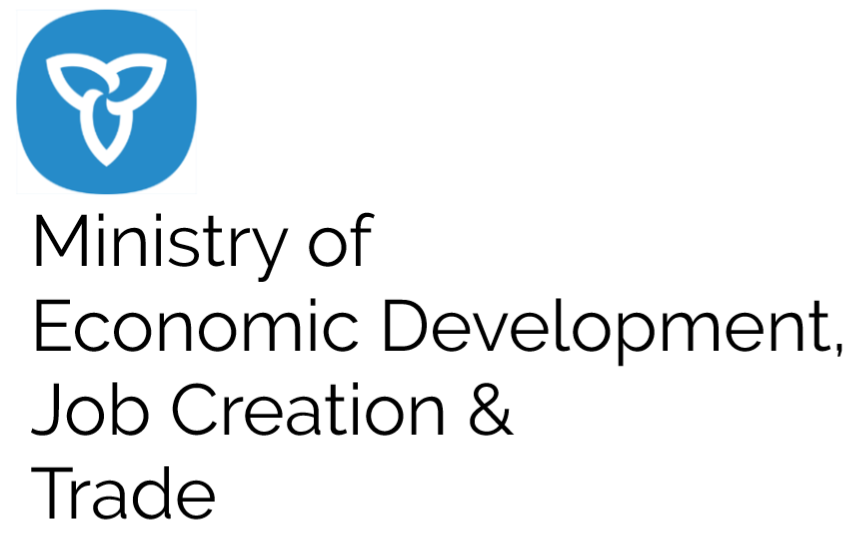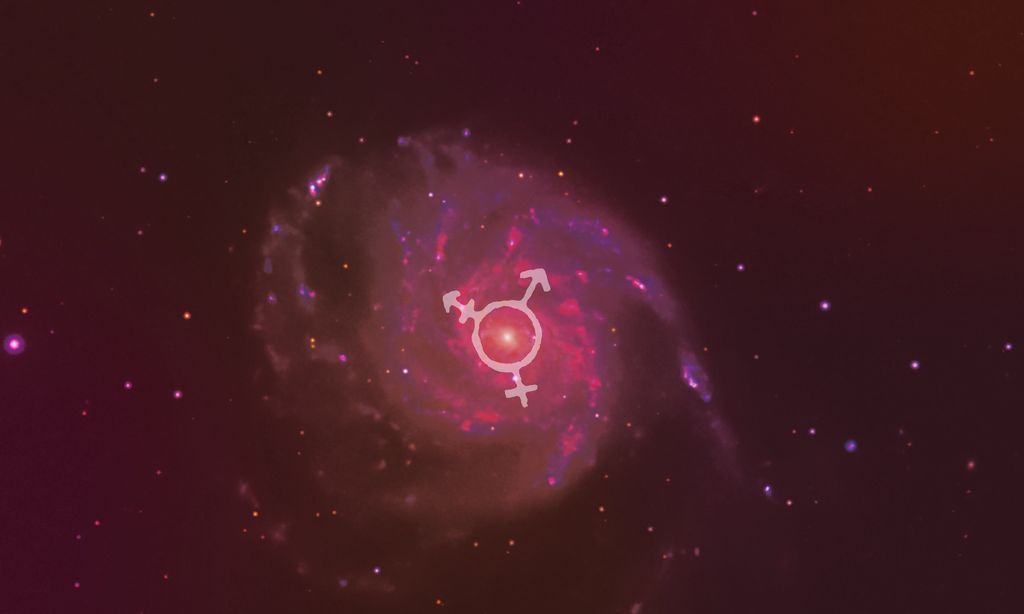About the Transgender Media Portal
Too often people think that trans+ people have hardly made any films. In fact, trans+ people have created thousands of films spanning various genres such as horror, comedy, romance, documentary, animation, drama, and more. They’re just hard to find. That’s where the Transgender Media Portal comes in!
The Transgender Media Portal is similar to IMDb but it’s exclusively focused on highlighting the work of trans+* creators. Jump through the Portal to explore thousands of trans-made films, television shows, and online videos! You can search for media created by specific types of artists, like “comedy films by trans Indigenous artists,” or “music videos by Black transfeminine artists.” While we don’t host the films ourselves, we provide links to where you can watch them–whether it’s through streaming services, on DVD, or in an archive.
Our primary focus is on artists from Turtle Island (North America), but we also feature creators from other regions. We are particularly enthusiastic about showcasing the works of Black, Indigenous, POC (people of color), intersex, and Deaf and Disabled filmmakers.
The Transgender Media Portal is an ongoing project developed by a dedicated team of student scholars, artists, designers, and developers at the Transgender Media Lab at Carleton University, which is situated on the unceded territory of the Algonquin Nations, known colonially as Ottawa, Ontario, Canada. We are also partners with the Data+Humanities Lab at University of Ottawa.
We have received funding support from the Social Sciences and Humanities Research Council of Canada and the Ontario Ministry of Economic Development, Job Creation, and Trade. Additionally, we benefit from in-kind support from Carleton University and the Audiovisual Research Centre at Carleton University.
Our lab wants to be clear about how it operates. We're building a database that collects information about trans+ media creators and their work, focusing on Black, Indigenous, people of color, intersex, and Deaf and Disabled creators. We understand that ideas about gender, race, and ability have been used to oppress people. These concepts are always evolving, and we are committed to learning and growing in our understanding of them. We share our rules and how we collect and showcase data openly. Our approach is flexible and open to change so we can be accountable to the communities we serve.
As a project with federal and state funding that is based at a university, we are connected to colonial institutions that continue to do harm. Despite this, we do our best to follow the leadership of the communities we want the portal to serve. We hire trans scholars and artists, report to an all-trans Advisory Board, regularly consult with community members, and publish an annual accountability report. You can find this report and more about how we work on our Policies page.
What do you think of the project? We’d love to hear from you at TransgenderMediaPortal@gmail.com!
Our Awards
Association of Moving Image Archivists (AMIA) 2025 Alan Stark Award
The Alan Stark Award honours projects or individuals who have made a significant contribution through their efforts on a special project or in project management that contributes to, and supports, the work of moving image archives and/or the operations of AMIA.
The following is what the Awards Committee officially submitted to the Board for their approval:
“The Transgender Media Portal, launched in June 2024, is a groundbreaking project that expands representation in audiovisual archives and models new standards for ethical metadata. Despite more than 1.6 million transgender people living in the United States, trans creators have long been excluded from shaping how their stories are documented and accessed. The Portal directly addresses this gap by connecting users to trans-made films and videos held in archives across the U.S. and Canada, including major institutions such as UCLA and the Academy Film Archive, as well as vital community archives. Its technical design—built from sustainable flat HTML pages made searchable by a JSON index—offers a lightweight, long-lasting, low-bandwidth solution that challenges assumptions about what digital access tools must be. Prioritizing accessibility and community involvement, the project provides a replicable model that moves the field forward in representation, ethical description, and sustainable digital infrastructure.
Popular Culture Association (PCA) 2025 Allen Ellis Digital Research Award In Popular Culture
American Studies Association 2024 ASA DH Caucus Digital Project Prize
The Transgender Media Portal addresses a critical need in archiving and awareness building at the same time that it enacts a set of ethics that is evident in both the teams' practices and project design. The adjudicating committee was impressed by the level of collaboration, methodological transparency, and thoughtful policies. The portal is built on critical DH methods with a transparent framework for developing and sustaining DH projects. In both content and practice, the TMP is truly a model for other projects and initiatives.
Our Supporters
The Portal is an immensely collaborative project. We would like to extend our thanks to:
- The BIPOC, Indigenous, and disabled communities who have generously shared their time and expertise as consultants;
- The sharp-eyed usability testers whose feedback has shaped the Portal's goals, design, and implementation;
- The trans and queer filmmakers, archivists, and scholars surveyed at the outset of the project to inform its direction;
- The Portal's past and present Advisory Board members;
- The Team of students, researchers, and professionals who have helped make the Portal a reality.
This project is built using guidelines, principles, and approaches developed by The Endings Project for digital longevitity.
This project is sponsored by:
- An Insight Development Grant from the Social Sciences and Humanities Research Council of Canada (SSHRC)
- An Ontario Early Researcher Award (Ministry of Economic Development, Job Creation and Trade)
- Carleton University (Ottawa, Canada)
- The Audiovisual Research Centre at Carleton University



